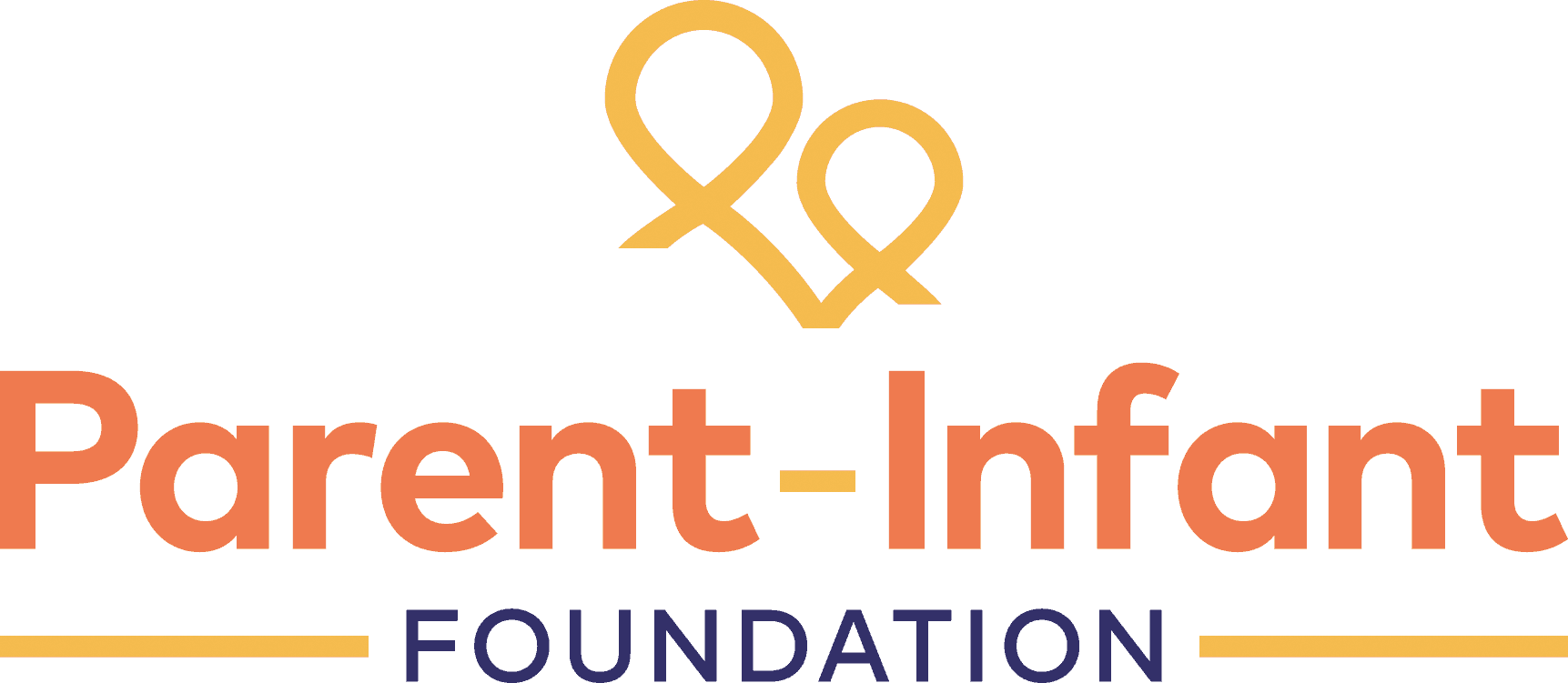Mentalizing the Body in Research and Clinical Practice: Parental Embodied Mentalizing Assessment (PEMA)
Organisation
Anna Freud
Type
Training
Location
Online
Application deadline
January 27, 2025
Summary
We invite mental health practitioners, social workers, nursery staff and other professionals who work with parents and carers and infants to this Anna Freud course from 27-31 January, 2025. Discover how to use PEMA, a 13-point tool used to assess non-verbal risk and protective factors in parents and infants (aged 0-2). In the first year of life the mental states of babies, as well as caregivers’ understanding of these mental states, are expressed through bodily gestures. Mentalizing is vital during this pre-language stage.
Join Prof Peter Fonagy and leading experts to explore how to identify movement qualities, parent-infant embodied circles of communication and specific elements of parent-infant communication, and how these features of non-verbal communication between parents and infants are significant to child development.
“I have done many trainings throughout my career, but this one was special! I found it to be a wonderfully enriching experience. The pace of the training was perfect and there was a great mix of theory and practice. I am looking forward to moving on to the next phase of my PEMA journey and to begin to use this approach with families.”
– Spring ’24 delegate
Aims of this training
- Introduce the theory and research behind Parental Embodied Mentalizing (PEM) from its developer, Dr. Dana Shai.
- Explore and identify the theory and movement language underlying PEM.
- Learn step-by-step processes to identify risk and protective factors in parent-child dyads.
- Fulfil prerequisite requirements for Reflective Practice and PEMA™ Certification.
Who is this training for?
This training is suitable for professionals working with young children and their families including, but not limited to:
- Psychologists
- Psychotherapists
- Social workers
- Marriage and family therapists
- Mental health counsellors
- Outreach workers
